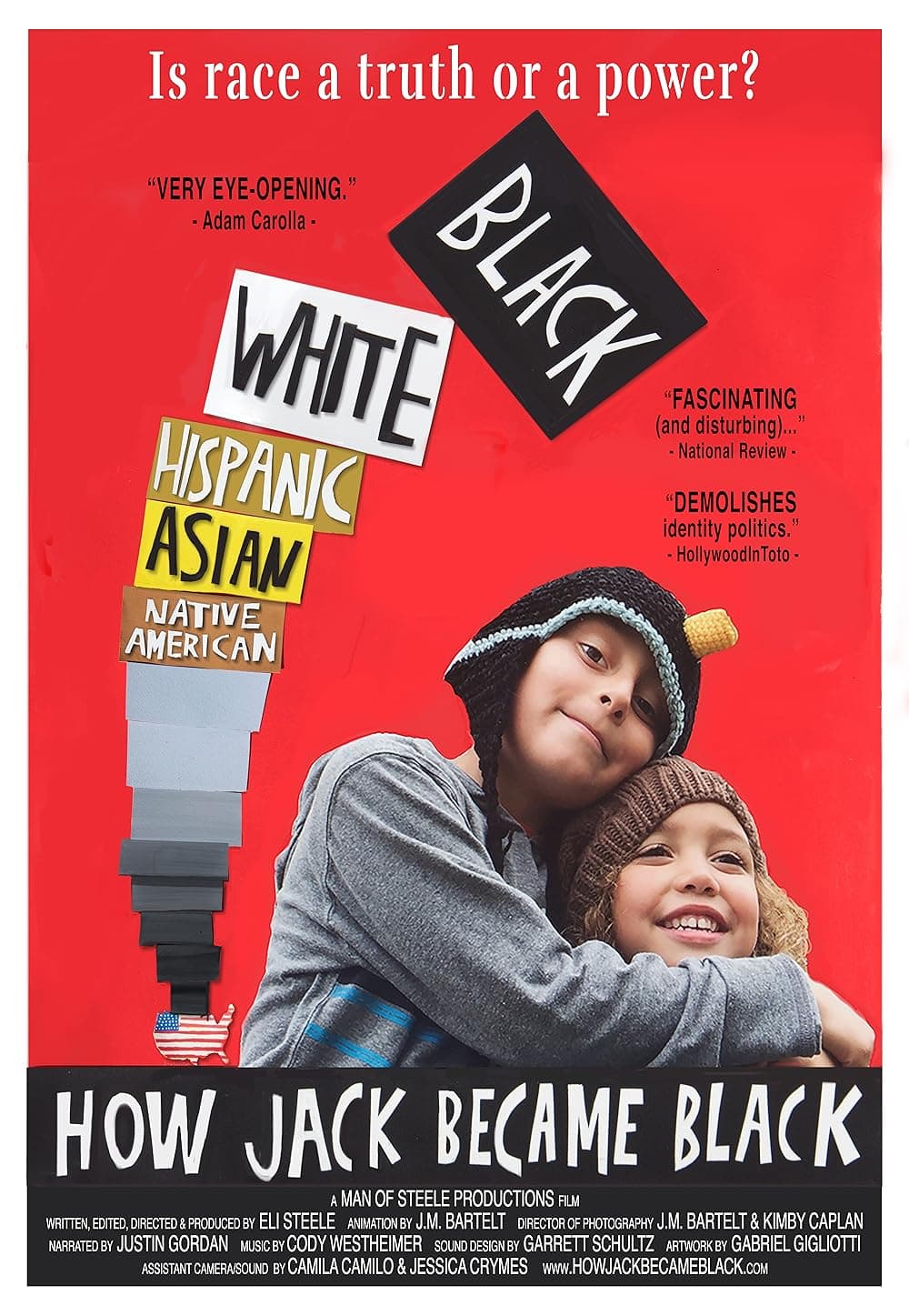Eli Steele's "How Jack Became Black" Removed from YouTube Amidst Allegations of Fraudulent Copyright Claim by W4tch TV

Filmmaker Eli Steele announced that his documentary, "How Jack Became Black," has been removed from YouTube following a copyright claim by an entity identified as W4tch TV. Steele publicly criticized the platform's review process, stating that the claimant, W4tch TV, has a history of making "bogus claims against others." The removal has sparked renewed concerns among independent creators regarding YouTube's content moderation and copyright enforcement mechanisms.
"This is now comical. Another one of my films -- How Jack Became Black -- has been removed from @Youtube," Steele stated on social media. He added that the claimant asserted the "entire film, including my original content, is in violation," and highlighted that "the Youtube review system is broken -- my film has to go dark for 30 plus days because it doesn't mark and punish those who abuse the system."
"How Jack Became Black" is a documentary by Eli Steele that explores identity politics and the complexities of multiracial identity in America, drawing from his personal experiences as a multiracial and deaf filmmaker. Steele has previously encountered content moderation challenges with his other works, including "What Killed Michael Brown?" which faced initial removal from Amazon before being reinstated.
Further investigation into W4tch TV reveals a controversial history of copyright claims. According to discussions on platforms like Reddit, W4tch TV has been accused by multiple content creators of issuing fraudulent copyright claims, even against public domain content and transformative works. A French court reportedly found W4tch TV liable for fraud and piracy, sentencing the company to pay fines and legal costs, indicating a pattern of questionable practices.
The incident highlights ongoing issues within YouTube's automated Content ID system, which allows copyright holders to flag content for removal or monetization. Critics argue that the system is often exploited by bad actors, leading to legitimate content being taken down or demonetized, disproportionately affecting independent creators who lack the resources to contest such claims effectively. The process often places the burden of proof on the creator, with lengthy review periods impacting visibility and revenue.